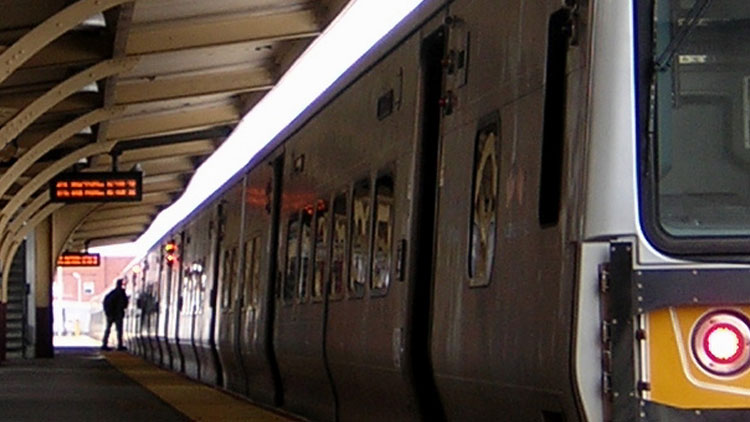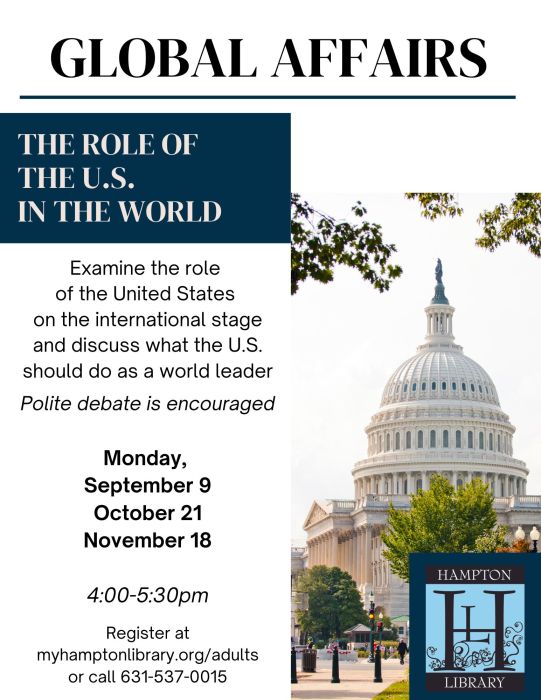Long Island Rail Road fares will increase an average of 4 percent over the next two years starting March 22, with LIRR fare hikes of more than 6 percent for some riders.
The Metropolitan Transportation Authority (MTA) Board also approved Thursday toll increases on some major crossings, fare hikes on Metro-North Railroad and upped New York City bus and Subway fares by 25 cents, bringing the new cost to $2.75 per trip.
“The board has chosen options with lower increases for our most frequent customers,” MTA Chairman and CEO Thomas Prendergast said in a statement.
For example, LIRR riders who buy monthly or weekly passes will see fares increase less than 4.25 percent and some will see fares go up 2.2 percent, officials said. Riders who buy one-way or round-trip tickets will see a bigger percent of their price jump when buying tickets.
A one-way peak LIRR ticket from Babylon to Penn Station that currently costs $14.75 will go up 50 cents, to $15.25 and off-peak tickets for the same trip will increase 25 cents, to $11. A weekly pass for that same rider will go up $4.25, to $108.25 and a monthly pass will spike $13, to $338.
Likewise, city straphangers who buy 30-Day Unlimited Ride MetroCards will see the cost increase 4 percent, or $4.50, to $116.50, which is the equivalent of a 10-cent hike per ride when factoring increased bonus trips added on such bulk purchases, according to the MTA. Those who buy 7-Day Unlimited Ride MetroCards will see fares go up $1, to $31, or 3.3 percent.
Tolls will also go up 50 cents—from $7.50 to $8—for drivers crossing the Robert F. Kennedy Bridge, Throgs Neck Bridge, Bronx-Whitestone Bridge, Queens Midtown Tunnel and Brooklyn-Battery Tunnel. The only crossing going up $1 is the Verrazano-Narrows Bridge, from $15 to $16.
MTA officials have said the fare and toll hikes were required to balance the agency’s budget amid rising operating costs. The transit agency said that it has also cut more than $1.billion in annual spending.
































